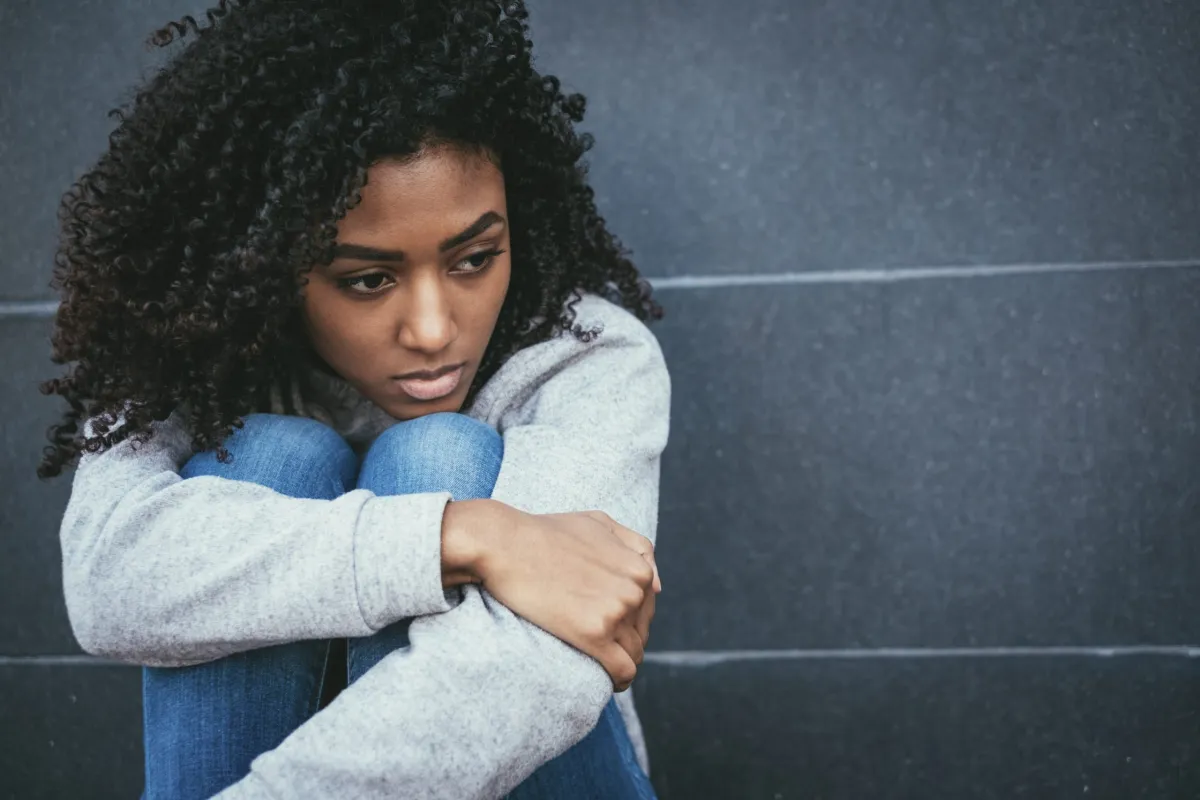
In a world where the intersections of race and gender profoundly influence one’s experiences, Black women often find themselves navigating unique challenges. Cultural expectations, systemic prejudices, and historical traumas weave complex narratives that can affect their mental well-being. While discussions surrounding mental health have gained traction over the years, the specific mental health needs of Black women often remain overshadowed by stigmas and misconceptions. In this light, understanding and prioritizing their mental health is of paramount importance.
The mental health conversation, though much more open than in decades past, still bears the weight of stigmas and misconceptions. For Black women, this weight is compounded by societal stereotypes and the pressure to uphold the image of the “strong Black woman.” While this stereotype may seem complimentary on the surface, it can inadvertently discourage Black women from seeking help or expressing vulnerability. Put together by a Black therapist in NYC, this article delves deep into the importance of moving beyond stigmas to genuinely prioritize the mental health needs of Black women.
The ‘Strong Black Woman’ Stereotype and Its Impact

The archetype of the “strong Black woman” has its roots in historical resilience against adversities such as slavery, discrimination, and societal marginalization. Over time, this resilience morphed into an expectation that Black women should always endure hardships without complaint or need for support.
Such stereotypes can be harmful as they paint a picture of stoicism at the expense of emotional well-being. The pressure to continuously be strong, to suppress pain, and to provide for others often leaves little room for Black women to prioritize their own mental health. There’s an implicit message that admitting to psychological struggles is a sign of weakness.
The Reality of Mental Health for Black Women
Black women, like all individuals, experience a range of emotional and mental health challenges. Depression, anxiety, trauma, and other mental health issues do not discriminate based on race or gender. However, the unique interplay of racial and gender discrimination can exacerbate these challenges for Black women.
Multiple studies have shown that experiences of racism can lead to heightened stress, which in turn can increase vulnerability to various mental health disorders. Additionally, the dual discrimination of both race and gender can compound feelings of isolation, making it harder for Black women to find safe spaces to discuss their mental health.
Prioritizing Mental Health: Steps Forward

Recognizing the distinctive challenges faced by Black women is the first step in making mental health a priority. Several proactive measures can be taken:
- Cultural Competence in Therapy: It’s crucial for mental health professionals to be educated on the unique experiences and needs of Black women. Therapists should be trained in cultural competence to provide a safe and understanding environment.
- Community Support: Encouraging community-based support groups can help Black women find a sense of belonging and understanding. Shared experiences can pave the way for open discussions and mutual encouragement.
- Raising Awareness: Continued efforts to raise awareness about the mental health needs of Black women are essential. This can be achieved through campaigns, educational programs, and media representation.
- Accessible Resources: Ensuring that mental health resources are both accessible and culturally relevant is crucial. This includes not only therapy but also educational materials, workshops, and support systems designed with Black women in mind.
The well-being of Black women is intricately tied to their mental health. As society progresses, it’s imperative to push beyond stigmatizing narratives and ensure that Black women have the resources, understanding, and support they need to thrive mentally and emotionally. By acknowledging the unique challenges they face and taking active steps to address them, we can pave the way for a future where the mental health of Black women is prioritized and nurtured.













